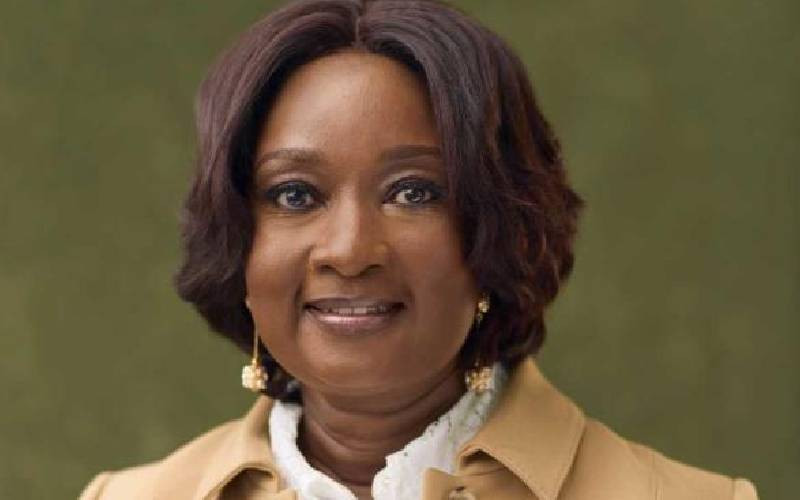
The rise of Africa’s youth today represents an unprecedented opportunity to harness the potential of a dynamic, energetic, and innovative generation eager to make and leave their mark on the world.
The median age in Africa is currently estimated at 19 years, with young Africans aged below 35 expected to make up 42 per cent of the world’s youthful population by 2030. Indeed, Africa’s rapidly growing youthful population assures the continent of a bigger workforce and increased consumer demand.
With their quick adoption of technology and growing participation in the emerging knowledge-based economy, young people in Africa present a powerful force for change, innovation, and growth. Turning the potential of Africa’s youth into reality, however, requires greater inclusion of the youth by making it easier for them to access financial services.
In sub-Saharan Africa (SSA), the mobile phone has been a major driver of access to financial services.
This is especially considering that there were 495 million registered mobile phone subscribers in SSA in 2020 - representing 46 per cent of the region’s population, according to the GSM Association (GSMA).
As a result, Africa has outpaced other regions to become a centre of mobile, peer-to-peer finance.
According to recent studies by GSMA, the continent accounted for 70 per cent of the world’s $1 trillion (Sh140 trillion) mobile money value as of 2021, which translated to $701.4 billion (Sh98 trillion) up from $495 billion (Sh69.3 trillion) in 2020. In sub-Saharan Africa in 2021, 55 per cent of adults had an account, including 33 per cent of adults who had a mobile money account—the largest share of any region in the world and more than three times larger than the 10 per cent global average of mobile money account ownership.
The spread of mobile money accounts has created new opportunities to better serve women, poor people, and other groups such as the youth, who traditionally have been excluded from the formal financial system.
Indeed, there are some early signs that mobile money accounts may be helping to close the gender gap.
With the rise of mobile technology, digital banking has become a viable option for young people who may not have access to traditional banking services.
Digital banking allows young people to access financial services such as savings accounts, loan applications, and even insurance, all from their mobile phones.
In a policy brief entitled “Africa’s Future: Youth and the Data Defining Their Lives,” African Union Commission calls for concerted efforts by different stakeholders to moot realistic solutions that will help the youth take charge of their lives.
Key areas identified for bettering youthful lives include increasing investments in youth, driving policy change, and setting member countries on a path towards a prosperous future.
Thanks to the digital era, loans of various amounts can be made at any time with the click of a button, without the need for any collateral or a visit to a bank.
To vet prospective loan applicants via digital banking platforms, banks now use credit scoring systems, thereby democratising access to finance, fostering entrepreneurship, and driving economic growth across the continent.
Secondly, digital banking has made it easier for young people to access financial services on their own terms.
Unlike the past, when one had to produce supporting documents and passport pictures as well as fill out lengthy application forms that took up to an hour at a banking hall when opening a bank account, it now takes barely five minutes to open a digital account.
With 24-hour online access, young people can manage their finances at any time, from anywhere, making it more convenient than traditional banking services.
As a case in point, the Fingo Africa App powered by Ecobank has introduced innovative capabilities that enable the youth to come up with their own financial plans and create budgets on the app.
It takes just four minutes to open an account through the app and a deposit of KSh. 100 to activate the account. The platform also looks to open cross-border transactions, thereby enabling the youth to participate in online commerce.
Thirdly, digital banking has not only provided youth with access to financial services but has also democratized financial skills that are essential for long-term financial well-being.
Many digital banking platforms today are equipped with financial education resources that help young people to learn how to budget, save, and invest their money, thereby making informed decisions about how to manage their money.